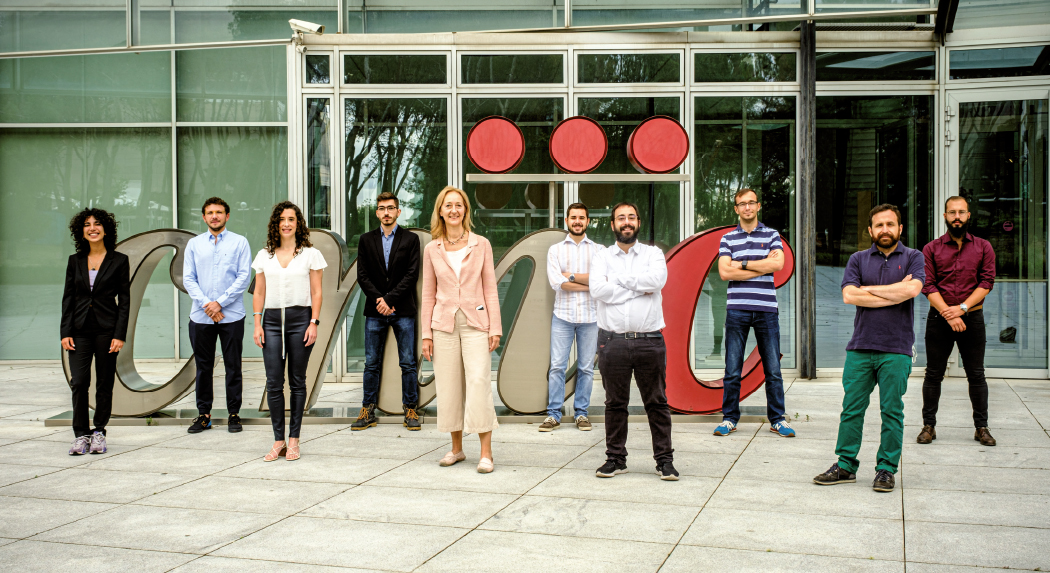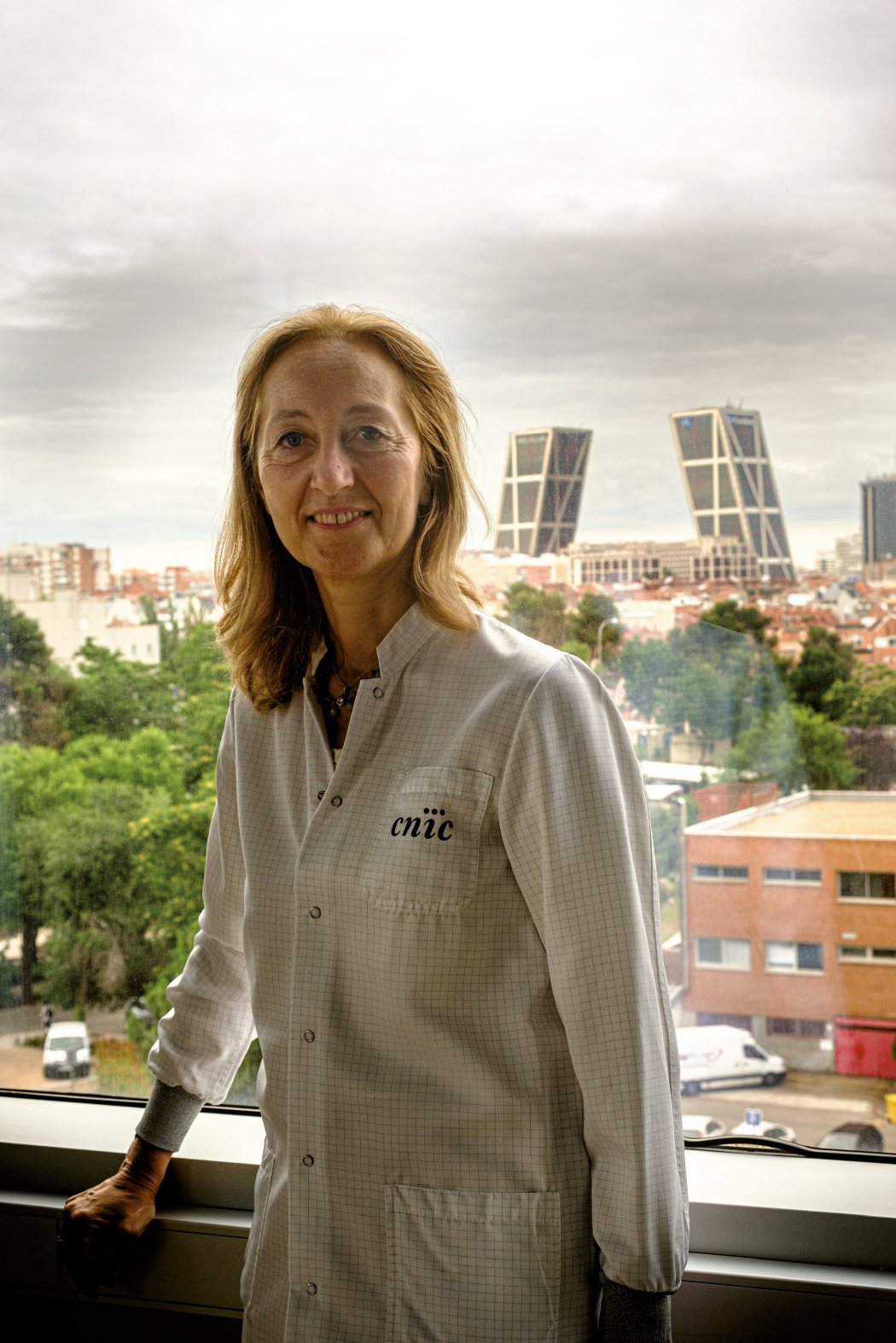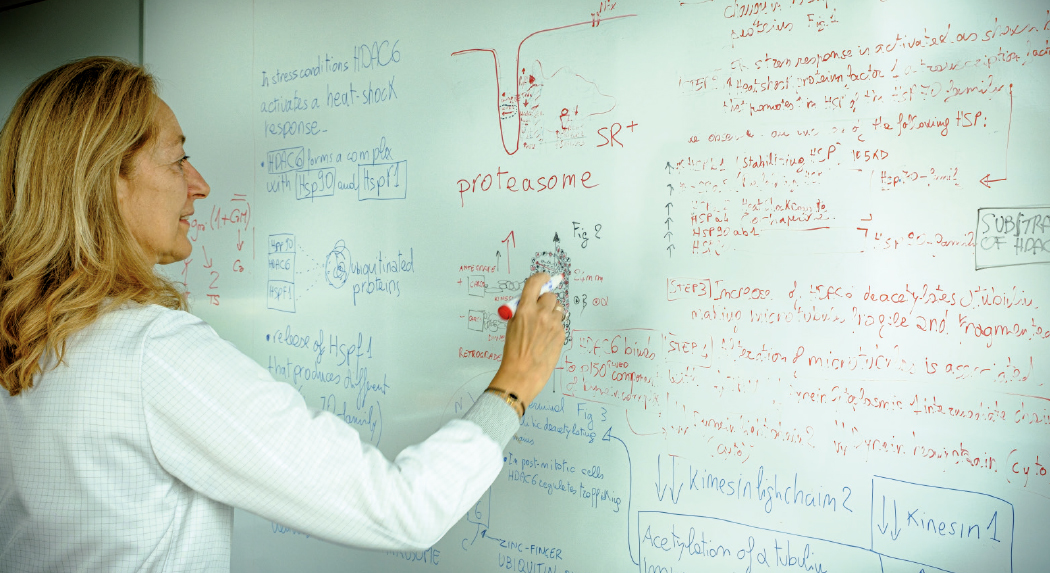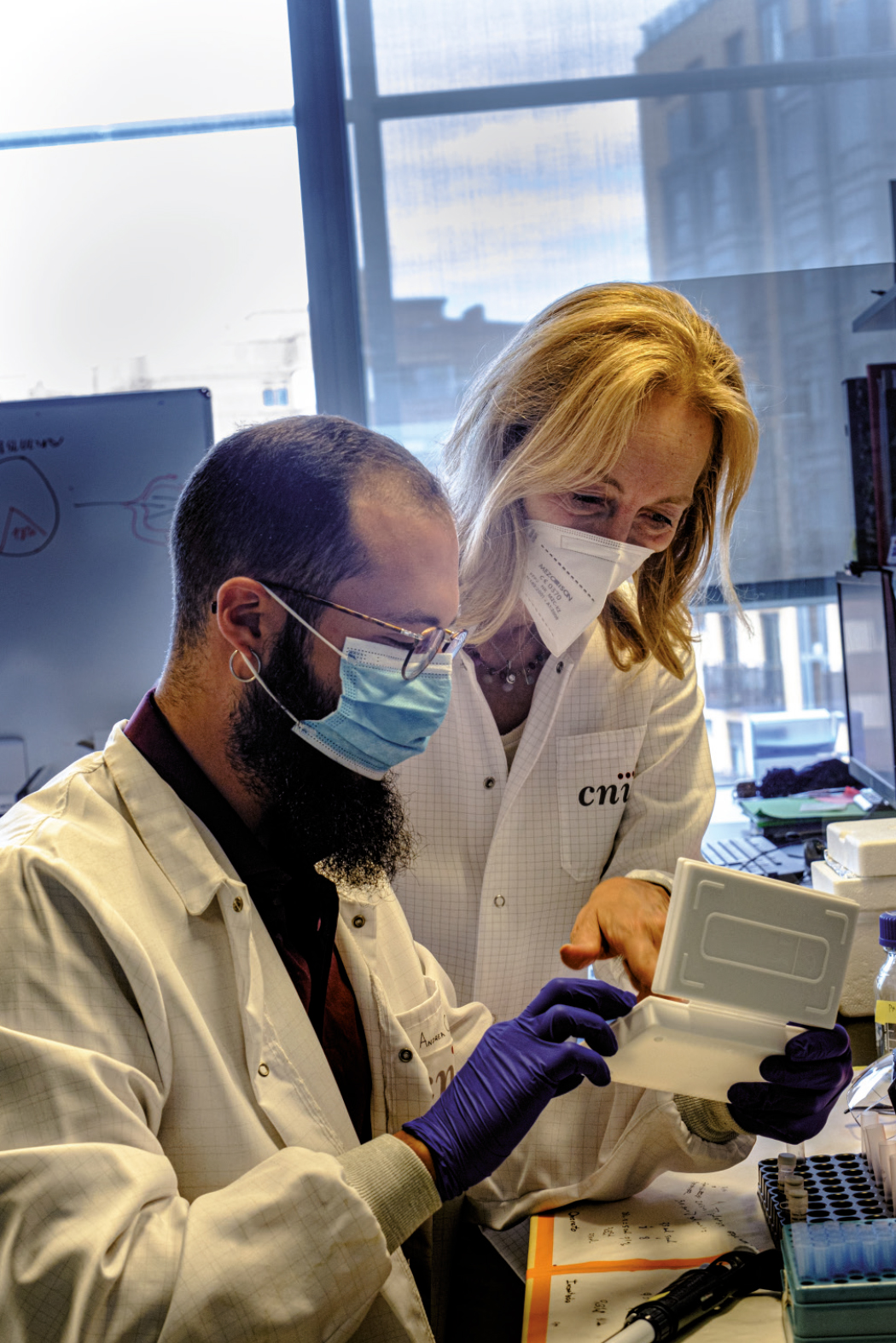Curing fatal tachycardia
Dra. Silvia Priori’s research group believes that finding new therapies to combat fatal tachycardia will reduce the sudden deaths associated with this pathology and also reduce arrhythmias among heart failure patients

During its life, the heart beats millions of times, most of which go completely unnoticed; irregular heartbeats, known as arrhythmias, can cause a heart to stop beating regardless of age.
For young people, the cause is usually due to inherited genetic defects that affect how the cardiac muscle works. Strenuous exercise and strong emotions can also trigger the onset of this type of arrhythmia. The heart begins to beat too fast, causing a loss of consciousness because not enough blood reaches the brain.
Beta blockers, which block cardiac cell adrenaline receptors, are one of the treatments used to prevent arrhythmias.
However, having to take medicine every day for your whole life represents a challenge for many patients.
Implantable defibrillators are another treatment option for these patients, but such devices may interfere with the daily life of adolescents.
The current research of Professor Silvia Priori of the Spanish National Centre for Cardiovascular Research (CNIC) Molecular Cardiology Laboratory and cardiologist of the Istituti Clinici Scientifici Maugeri de Pavia (Italy) seeks a solution to this condition.
Since traditional treatments are not sufficient to tackle some of the most serious diseases in the industrialised world, gene therapies could revolutionise modern medicine. Professor Priori’s group holds an ERC advanced grant, “EU-rhythmy”, one of the aims of which is to develop a gene therapy strategy to prevent cardiac arrest among patients with arrhythmias of genetic origin.
Our preliminary data show that the absence of TRDN triggers the upregulation or downregulation of several proteins and leads to disorders to mitochondria in the heart

As Dr. Priori explains, the aim of gene therapy is to cure the diseases that genetic mutations cause by correcting the effects the defective gene.
The therapy is based on introducing the correct version of a gene or modifying the expression of mutant genes; however, as there are millions of copies of these defective genes, it is no easy task to do this correctly.
Despite the challenges, Professor Priori and her team have developed a gene therapy to combat two causes of cardiac arrest: dominant catecholaminergic polymorphic ventricular tachycardia (CPVT) and Timothy syndrome.
This research, with European Research Council (ERC) funding, could constitute the step from treatment to cure of this kind of disease.
Another project led by Dr. Priori, Relation between triadin loss and cardiac proteostasis in catecholaminergic polymorphic ventricular tachycardia type 5, has been selected by the Fundación “La Caixa” in the fourth CaixaResearch Health Call and will receive funding of €496,100.
This project will study genetic variant five of CPVT (CPVT5), which causes a reduction in the expression of the protein TRDN as also occurs in heart failure, a disease that affects millions of patients. CPVT5 has a recessive inheritance pattern and is highly lethal in children; currently there is no effective therapy able to prevent premature death.
“Our project will advance knowledge about CPVT5, which is caused by mutations that induce the loss of triadin (TRDN), a sarcoplasmic reticulum junction (jSR) protein that is a constituent of the macromolecular ryanodine receptor (RyR2),” says Professor Priori.
She also explains, “Our preliminary data show that the absence of TRDN triggers the upregulation or downregulation of several proteins and leads to disorders to mitochondria in the heart”.
The hypothesis put forward by Dr. Priori is that “...arrhythmias are not simply the result of anomalous calcium handling, but arise from the dysregulation of other pathways that we are identifying.”

Since traditional treatments are not sufficient to tackle some of the most serious diseases in the industrialised world, gene therapies could revolutionise modern medicine

The project seeks to identify new therapeutic targets and test whether their modulation is able to mitigate the effect of lethal arrhythmias.
The investigator adds, “...by discovering new therapies, our research will reduce the mortality associated with CPVT5 and may also decrease arrhythmias among patients with heart failure.”
In conclusion, the researchers believe that by investigating the model of CPVT5, “We will identify new disease mechanisms and relevant therapeutic approaches for patients with CPVT5 and for the general population affected by heart failure.”

















